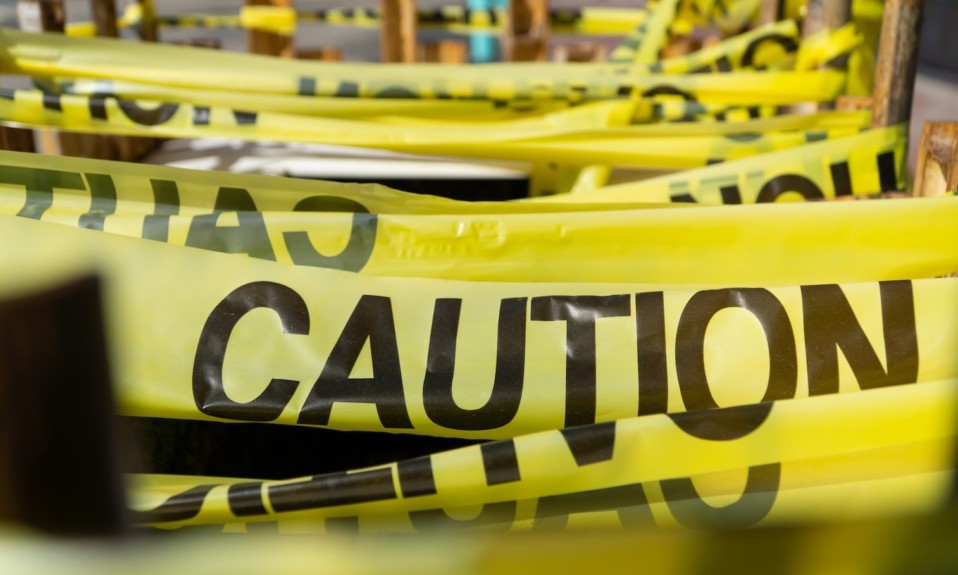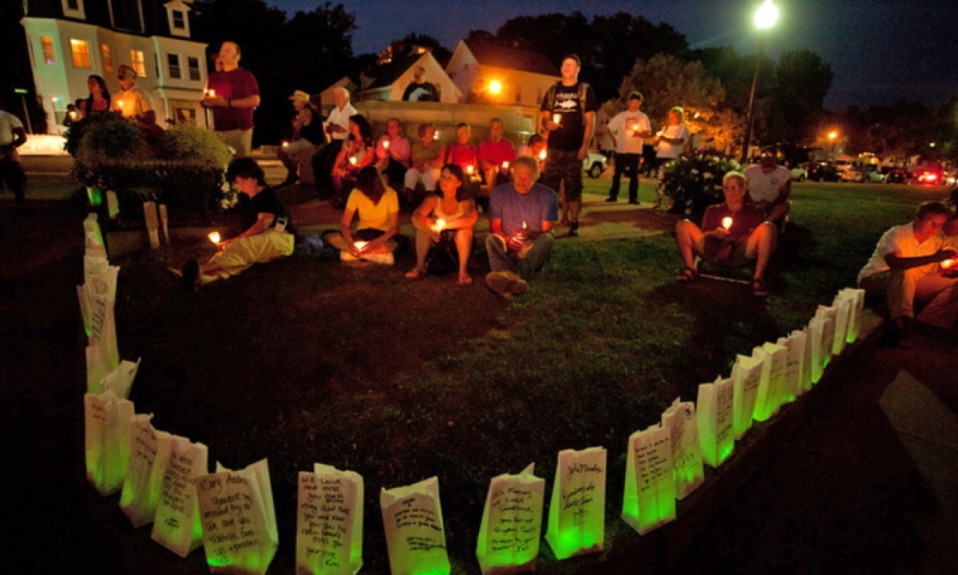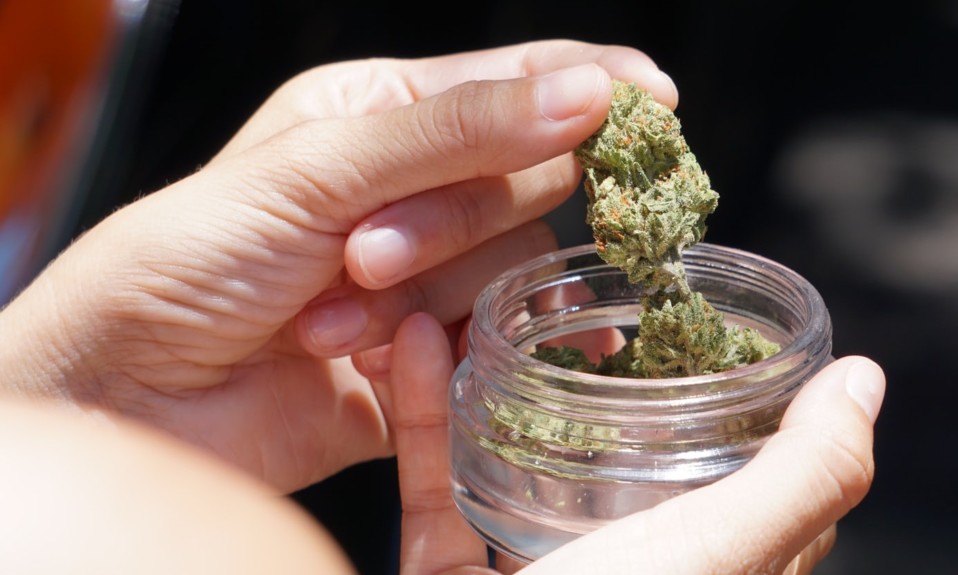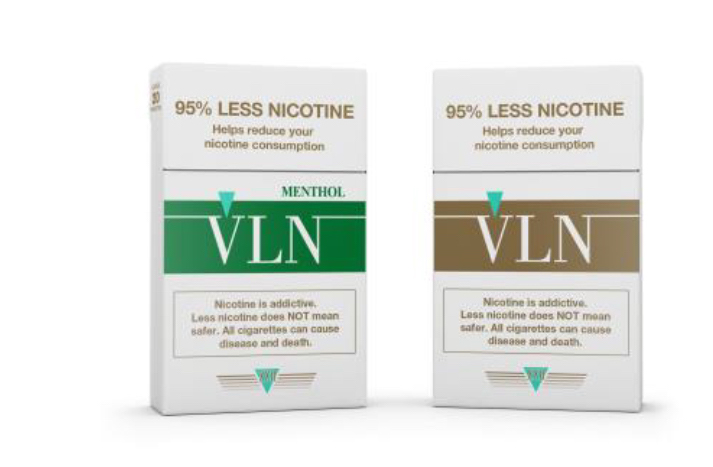Despite being ground zero for America’s overdose crisis, the state has moved to tie up its syringe exchanges in red tape
By Mark Mravic
West Virginia, the epicenter of America’s overdose epidemic, has taken a significant step backward in its ability to deal with the crisis and its fallout. On July 15, U.S. District Judge Robert Chambers denied an injunction that would have halted the implementation of a new law placing significant restrictions on syringe services programs (SSPs) in the state.
Senate Bill 334, which passed the Republican-dominated West Virginia legislature in April, establishes a long list of requirements for current and new syringe exchange programs in the state—changes that harm-reduction experts say will force many clinics to close, exacerbate the nation’s worst drug-related HIV outbreak and make it harder for people who need help to get it.
Major drivers of the bill are community complaints about needles littering the areas around clinics and a general ill-ease at the notion of harm reduction.”
The New Rules for Syringe Exchanges
In addition to strict new licensing requirements, including a rule that a program must receive written support from a majority of the local county commission and municipal governing body, the law says that any program offering needle exchanges must provide a range of additional services or referrals, including:
- HIV and hepatitis screening
- Vaccinations
- Birth control
- Behavior health counseling
- Syringe tracking, collection and disposal
The law calls for a “one-to-one model” for syringe exchanges—meaning anyone seeking a clean syringe must first turn in a used one—and requires a valid West Virginia state ID to receive services. Programs can be fined up to $10,000 for each violation.
Major drivers of the bill are community complaints about needles littering the areas around clinics and a general ill-ease at the notion of harm reduction. In 2018, the then-mayor of Charleston, the state capital, called his city’s since-abandoned needle exchange program “a mini-mall for junkies and drug dealers.”
In June, the West Virginia chapter of the ACLU filed suit seeking to halt the law, arguing that the bill’s language was muddled and that it would leave existing programs uncertain as to whether or not they would be in violation if it went into immediate effect. In his ruling, Judge Chambers noted that while the bill may have been poorly written, he was persuaded by the state’s assurance that the new rules would not be enforced until January 2022, giving programs time to get into compliance and allowing for other technical issues with the bill to be resolved in the interim.
Critics of the Law
The larger concern, however, is that the new law places huge added costs and administrative burdens on already strapped local health agencies that have been hit hard by the COVID-19 pandemic. Lawyers for Morgantown-based Milan Puskar Health Right, which provides free harm reduction services to low-income community members, told the judge the law was “so restrictive that it will likely regulate out of existence most of the state’s harm reduction programs.”
One of the bill’s most onerous aspects is the requirement that anyone seeking services must have a West Virginia ID. Providers say this will make people more hesitant to use the programs and reinforces the stigma surrounding substance use disorder (SUD).”
Indeed, the head of the Marion County Health Department, Lloyd White, said his program would close permanently in the wake of the new restrictions. “I can’t risk the fines,” White told the Mountain State Spotlight. “I just can’t take a chance on a hit from our general health revenue. I think we’re going to see an explosion of downstream effects. HIV, Hep C … all the things that these programs prevent.”
One of the bill’s most onerous aspects is the requirement that anyone seeking services must have a West Virginia ID. Providers say this will make people more hesitant to use the programs and reinforces the stigma surrounding substance use disorder (SUD). A proponent of the bill, Republican state senator Mike Maroney, admitted that the ID element creates more restrictions but believes it will actually help SUD sufferers in the long run. “Taking that first step and having an identification card is maybe the first big step towards potential recovery,” Maroney said.

Critics counter that seeking treatment, not getting an ID, is actually the first step toward recovery.
Even if you accept Maroney’s tortuous logic, the requirement means out-of-state patients won’t have access to programs. That’s a serious issue in places like hard-hit Huntington, where clinics treat people from the towns just across the river in Ohio and Kentucky who walk across a bridge to access services in the biggest city for miles.
Worse yet, all this is taking place as West Virginia battles what the federal Centers for Disease Control and Prevention (CDC) considers the nation’s worst outbreak of HIV and hepatitis C tied to intravenous drug use. The 2020 case numbers in Kanawha County, home to Charleston, nearly matched those of New York City, whose population is about 50 times as large. Experts say Charleston’s closure of its syringe exchange program in 2018 is almost surely linked to its outbreak. Yale epidemiologist Gregg Gonsalves called that “a public health disaster,” adding that “epidemics like this don’t come out of nowhere.”
Indeed, the CDC’s textbook public health response to such outbreaks is to increase access to syringe exchanges. West Virginia is doing the exact opposite—and many fear the worst as a result.
“There are people who are going to die,” Democrat Barbara Fleischauer told the state House of Delegates during debate on the bill. “Our neighbors who didn’t need to die will die.”
Top photo: Shutterstock














